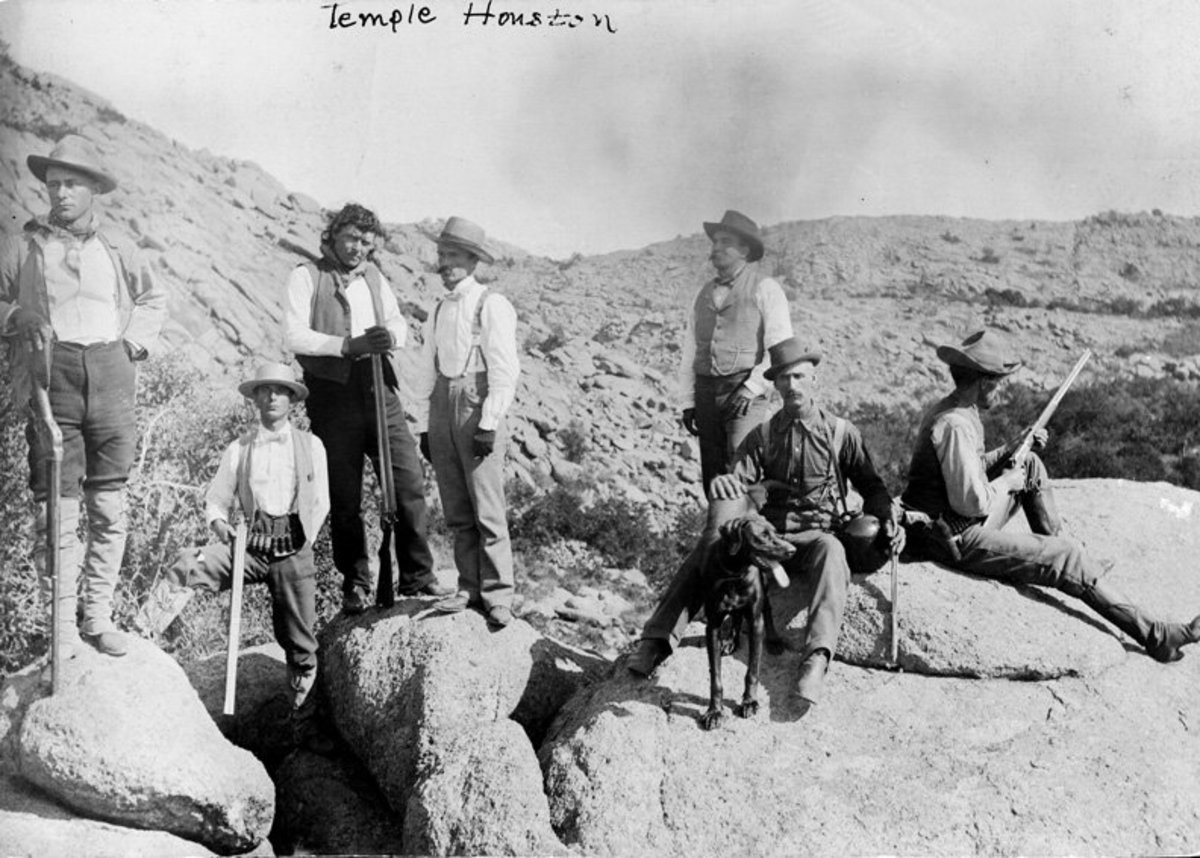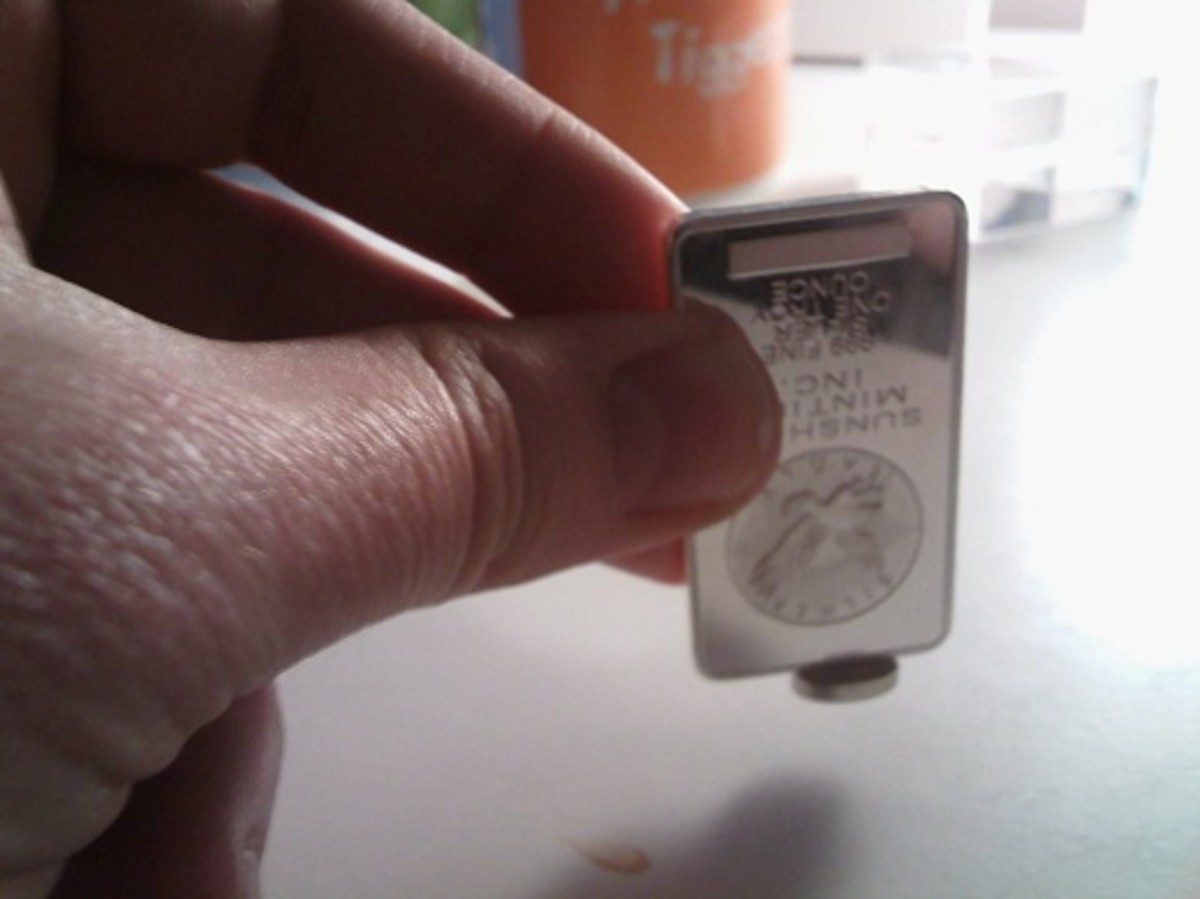Investing in Precious Metals
Investing in Precious Metals
Investing in gold. People buy gold for capital gains. They expect the gold price to move up with inflation.
Gold prices are volatile. In the short run, the price of gold could go down and stay at that level for quite some time. Do not invest any money in gold that you might need in an emergency.
There are several ways in which an investor can participate in the gold market.
1. Gold bullion. Gold bullion is simply the gold bar produced by registered refiners. These bars are available in a wide variety of sizes ranging from 5 grams to 400 ounces. The gold prices quoted in the newspapers refer to price per ounce for a standard 400 ounce gold bar. If you buy smaller bars, costs will be higher since a bar charge is added to the standard price quoted. Bar charges can be in excess of 10% of the standard price.
2. Gold coins. There are two types of gold coins— bullion type and numismatic type. Bullion coins are gold coins whose value is determined to a large extent by their gold content. These coins trade at a very small premium over their actual price in relation to their gold content. Since bullion coins trade close to their gold value, if you have only a small amount to invest you should look for coins with lower gold content.
Numismatic gold coins are those minted at a certain point in time and are currently available in limited quantities. They sell at a premium that may be considerably higher compared to their gold content.
The price of these coins is determined by: (a) number of coins originally minted; (b) number of coins still in circulation; (c) age of coin: and (d) condition of the coin. The price may vary widely. In addition, subtle differences in the coin's condition can affect the prices significantly making it less suitable for the beginning investor. The beginning investor can minimize his or her risk by going to a reputable dealer and buying the better known coins which have a liquid market.
Numismatic coins are graded by their condition: UNC (Uncirculated), BU (Bright, Uncirculated), AU (Almost Uncirculated), EF (Extremely Fine), VF (Very Fine), F (Fine) and so on. These differences have a great effect on the price of the coin. Yet the differences may not be obvious to a novice. Go to a reputable dealer until you become familiar with differences in grades. Also, familiarize yourself by reading coin books.
Coins that were minted in limited quantities with limited current circulation and coins that are older and in better condition will, in general, have a greater value compared to coins that were minted in large quantities with a large number still in circulation and coins that are more recent and not in good condition.
3. Gold certificates. Gold certificates are issued by some banks and dealers. When you buy gold certificates you are in effect buying gold bullion. The company from which you buy these certificates stores the gold bought by you on your behalf. The bullion is registered in your name. The commission charges could be as low as lA % or as high as 5%. In addition, the issuing company will charge you a modest storage fee. You can buy and sell gold this way without ever taking delivery. In many cases, you will avoid bar charges, which you are expected to pay when you actually take delivery. 4. Gold stocks. Buying shares in gold mining companies is another way you can participate in the gold market. Some of the factors that affect the stock prices are: current price of gold, cost of production per ounce, life of the mine, and management competence. Mutual funds that specialize in gold and charge no commissions are an alternative that offer diversification, are cheaper, are safe, and carry no commissions.
5. Gold bullion accounts. A gold bullion account is exactly like a savings account, except that deposits are converted into ounces of gold at the time of deposit. The value of your "savings" is determined by the daily prices of gold. These savings do not pay any interest; your gain or loss is solely determined by the price of the gold on the day you decide to sell.
Investing in silver. As with gold, there are basic ways to participate in the silver market.
1. Silver bullion. You can pay cash and accept delivery of silver bullion. Common sizes of silver bars are 10 (troy) ounces, 100 ounces, and 1,000 ounces. Since there are several charges when you take delivery, leave it with your dealer after purchasing it until you decide to sell.
2. Silver coins. Silver coins are perhaps the best starting point for small investors interested in precious metals. Junk silver is now bought and sold mainly for its silver content. Junk silver can be bought from most of the coin dealers.
Other ways to participate in the market are through silver certificates and silver stocks.
Investing in platinum-group metals. Metals of the so-called platinum group are platinum, iridium, osmium, rhodium, and ruthenium. Platinum is the most abundant and important. For practical investment purposes, platinum is the only metal to be considered, for it has the greatest number of uses, and is the only metal traded on the commodities markets. Rhodium is the next most used of the platinum group metals, being employed chiefly in plating such as in inexpensive jewelry, but demand is not great.








